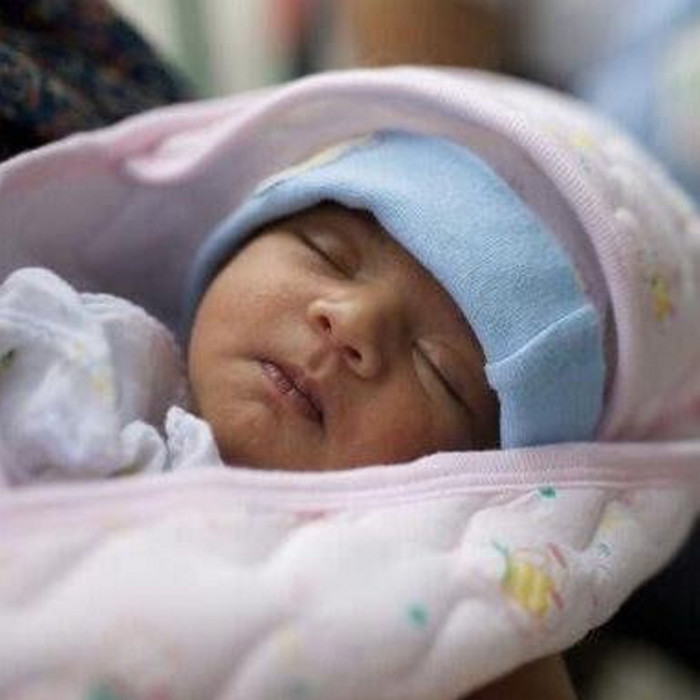Hackathon team’s Facebook page for Hong Kong domestic workers

Roula Khalaf, Editor of the FT, selects her favourite stories in this weekly newsletter.
Gema was found sleeping in a park in Hong Kong with her week-old baby, having been unlawfully fired from her job as a domestic helper a few months before.
Foreign domestic workers, who come to the territory mostly from Indonesia and the Philippines to work as housemaids, make up 5 per cent of the population, but their rights are sometimes abused. Fortunately, in the case of Gema — whose real name is undisclosed — child welfare charity PathFinders took the pair into a shelter and helped them return to Indonesia.
Several non-governmental organisations assist domestic helpers with problems from employment rights to dealing with money lenders. But their work was severely hampered when Hong Kong locked down because of coronavirus.
For a group of lawyers from HSBC bank, the FT’s legal hackathon in late-April to late-May was an opportunity to propose and design a way to help. The hackathon was held to bring together legal professionals and others to find answers to problems triggered by the pandemic.
“Normally all of the women congregate on a Sunday . . . on the streets of Hong Kong. So if you’re an NGO you know where people are,” says Fiona Phillips, deputy general counsel at HSBC Asia-Pacific. However, after Covid-19 the workers were stuck inside. Funding for the charities had also dried up.
For more information about other projects in the FT Innovative Lawyers legal hackathon, go to: www.globallegalhackathon.com
Nia Price, senior legal counsel, global private banking, at HSBC, outlines what can happen when an employer wants to fire a domestic helper who is pregnant, and turn them out of the home. They make up a reason, such as theft, she says, and if a criminal case is filed, the domestic helper’s visa is revoked. “So they’re stuck, they cannot work, they’re pregnant, can’t get access to healthcare.”
The lawyers also found that information was often fragmented. “If a domestic worker has a problem with immigration, a debt agency and pregnancy, there’s three different websites she’s got to navigate,” says Ms Price.
The hackathon team included lawyers from across the bank — mostly in Hong Kong but also in the UK and the Philippines — and legal sector contacts linked to NGOs. They initially considered creating a new app or website but changed direction after listening to charities and domestic workers. “They didn’t want any of those things. They just said Facebook — everything should be on Facebook,” says Ms Price.

The team decided to create Aunty Hub on the social media site. Users, whether already in Hong Kong or planning to move there, can select the problem they have, view relevant charity resources and be directed to a lawyer, or talk to someone via the platform’s messaging app. The team plans to refine the service and launch it towards the end of the year.
Aunty Hub is also an opportunity to connect NGOs with law firms that want to donate time to charities under pro bono schemes.
Ms Phillips says the hackathon offers a way to harness lawyers’ creativity, and to assess a problem with a cross-functional team. “We always hear this mantra that lawyers aren’t creative, and I just don’t think that’s true,” she says. “When you give them problems like this you really see [creativity] flourish.”

Comments